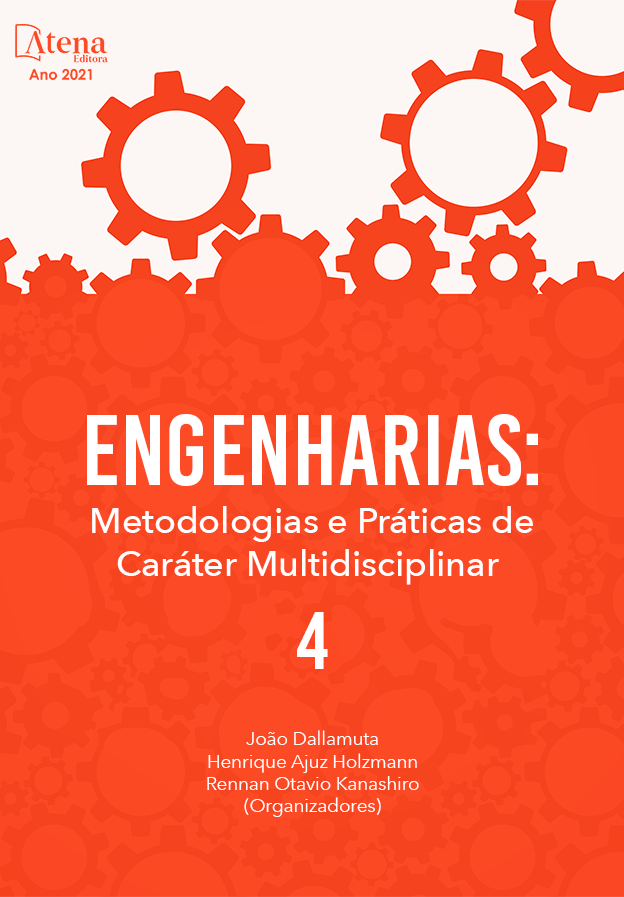
EFEITOS DA PIRÓLISE SUAVE EM PELLETS DE Pinus
Os pellets são biocombustíveis sólidos de características energéticas favoráveis para a utilização na geração de energia. A sua eficiência energética pode ser melhorada através da pirólise, que concentra carbono e eleva consideravelmente o poder calorífico. Objetivou-se, neste trabalho, a avaliação do efeito da torrefação nas propriedades físico – químicas e energéticas de pellets de Pinus de madeira reflorestada. A torrefação dos pellets foi realizada a temperaturas de 225 °C, 250 °C e 275 °C com taxa de aquecimento de 5,5 °C min-1, mantido por 60 minutos. Os pellets foram caracterizados por densidade, análise gravimétrica e análise imediata. O tratamento submetido a 225°C, apresentou o melhor resultado de rendimento gravimétrico, com valor igual a 89,44 (± 2,53) g, contribuindo para maior fixação de carbono e eliminação de voláteis, aumentando o poder calorífico. O processo da torrefação é uma alternativa promissora aos pellets, contribuindo para um menor gasto energético durante a combustão.
EFEITOS DA PIRÓLISE SUAVE EM PELLETS DE Pinus
-
DOI: 10.22533/at.ed.89221100316
-
Palavras-chave: biocombustível sólido, torrefação, biomassa
-
Keywords: solid biofuel, torrefaction, biomass
-
Abstract:
Pellets are solid biofuels with favorable energy characteristics for use in power generation. Energy efficiency may be improved through pyrolysis, which concentrates carbon and raises the calorific value considerably. This research aimed to evaluate the effect of torrefaction on the physico - chemical and energetic properties of reforested wood Pinus pellets. The torrefaction of the pellets was made at temperatures of 225 °C, 250 °C e 275 °C with heating rates 5,5 °C min-1 for 60 minutes. The pellets were characterized by density, gravimetric analysis and immediate analysis. The treatment submitted to 225 °C, presented the best result of gravimetric yield, with a value equal to 89,44 (± 2,53) g, contributing to greater carbon fixation and elimination of volatiles, increasing the calorific value. The torrefaction process is a promising alternative to pellets, contributing to a lower energy expenditure during combustion.
-
Número de páginas: 10
- Anderson Rodrigo Heydt
- Adriana Ferla de Olliveira
- Nathalia Heloisa Dullius


